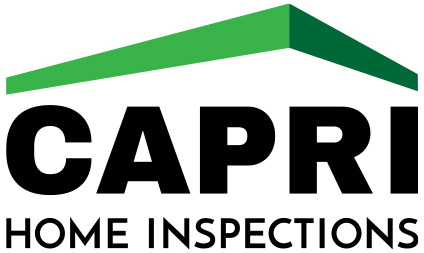-
Buying a House with Poly B Piping? Read This!
If you're considering buying a house in Nanaimo, Victoria, or Comox Valley, one aspect you should pay close attention to is the plumbing system. Specifically, you should be aware of the potential issues associated with Polybutylene (Poly B) piping. This article will guide you through the reasons why Poly B piping can be a concern, how to identify it, and what steps you should take if you're considering a property with this type of plumbing.
Understanding Poly B Piping
Poly B is a type of plastic resin that was used extensively in home plumbing systems from the late 1970s to the mid-1990s. It was popular due to its low cost and easy installation. However, over time, it has been found to have several significant drawbacks that can lead to costly problems.
The Risks of Poly B Piping
There are several reasons why Poly B piping can be a concern:
Potential for Leaks and Failures: Poly B pipes are susceptible to developing micro-fractures over time, which can lead to leaks and pipe failures. These issues can cause extensive water damage to your home and belongings.
Incompatibility with Chlorine: Poly B pipes can degrade over time due to the chlorine found in most public water supplies. This degradation can make the pipes brittle and more prone to cracking and leaking.
Insurance and Resale Value Concerns: Many insurance companies are wary of insuring homes with Poly B piping due to the risks associated with it. Additionally, having Poly B pipes can lower the resale value of your home.
Identifying Poly B Piping
Poly B pipes are typically grey or blue, but they can also be black. They are often marked with the letters "PB" followed by a series of numbers. Common places to find Poly B pipes in your home include near the water heater, connecting to sinks and toilets, running across the ceiling in an unfinished basement, and at the main shut-off valve or water meter.
What to Do if the House Has Poly B Piping
If you're considering buying a house with Poly B piping, here are some steps you should take:
Get a Professional Inspection: A professional home or building inspector can confirm the presence of Poly B piping and assess its condition.
Negotiate with the Seller: If the house has Poly B piping, you may be able to negotiate with the seller to have the pipes replaced before you purchase the property.
Consider the Replacement Cost: Replacing Poly B pipes can be expensive, so you should factor this cost into your budget when considering the purchase.
Check with Your Insurance Company: Before purchasing a property with Poly B pipes, check with your insurance company to ensure they will provide coverage.
FAQs
Can you get a mortgage on a house with polybutylene pipes? While it's possible to get a mortgage on a house with Poly B pipes, some lenders may require the pipes to be replaced before approving the loan.
Do I have to replace my polybutylene pipes? While it's not legally required to replace Poly B pipes, doing so can prevent potential water damage and increase the value of your home.
What to do if your house has polybutylene pipes? If your house has Poly B pipes, you should consider having them replaced. In the meantime, regular inspections can help detect any issues early.
What is the life expectancy of Poly B plumbing? The life expectancy of Poly B pipes is typically between 10 and 15 years. However, many factors can affect this, including the quality of the installation and the chemical composition of your water.
Want to know more! Get in touch with our expert team: call (250) 618-8040.
